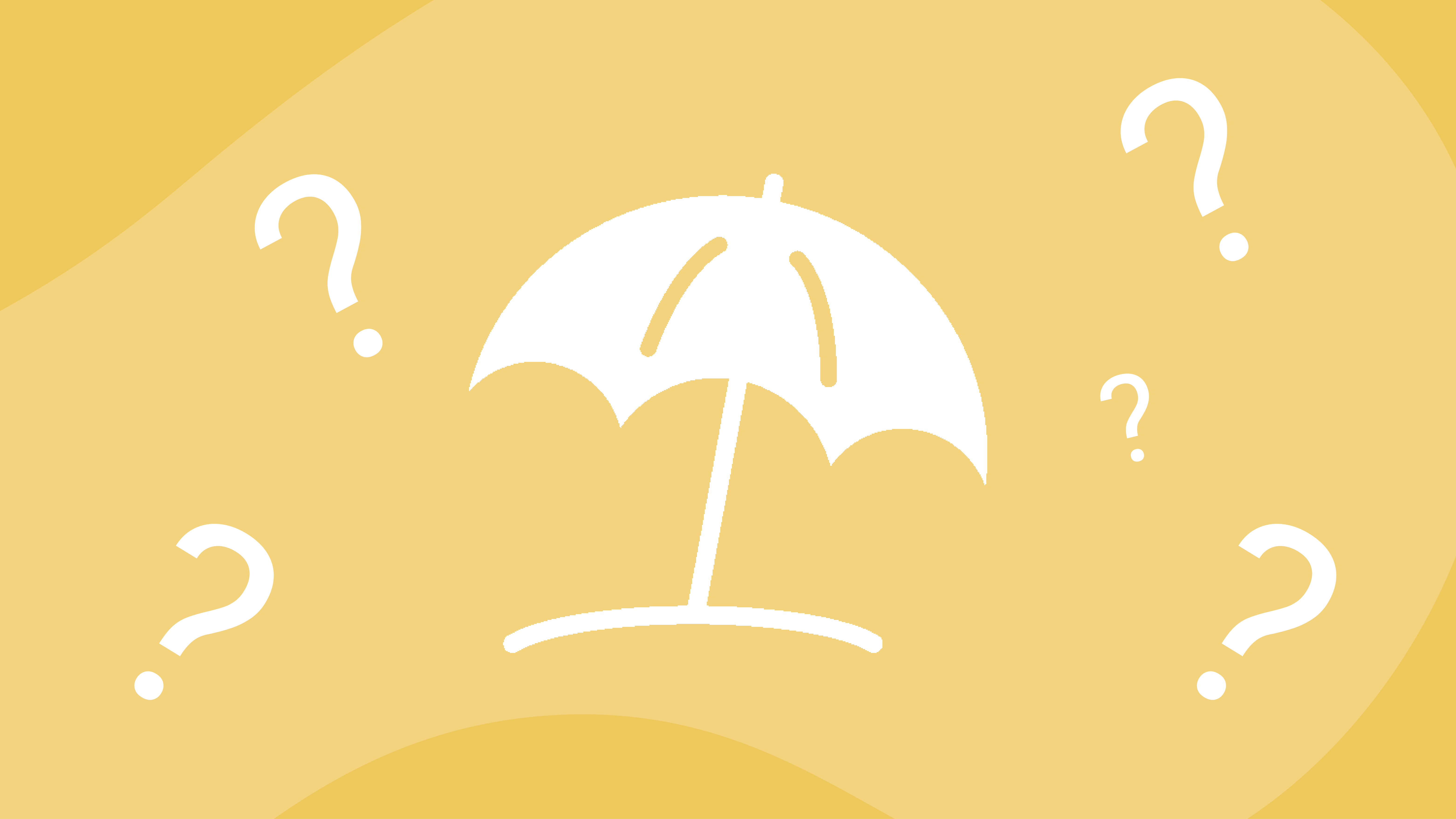Author: Bethany Spencer
Posted: 26 Jun 2020
Estimated time to read: 3 mins
Schools in England are expected to return in full from September to kick start the new academic year. The announcement has, again, provoked a range of emotions from those affected by the news.
On the one hand teachers, parents and students are overjoyed at the prospect of normal school life - the ability to get back into a routine, see friends and resume education.
On the other hand, many are concerned about how this will actually work, worried about the mixing of students and teachers and the implications this could have on health and if it would impact a second wave, as well as worries around how students will react to being back in the classroom with an authority figure and how will their learning have been affected?
There’s a lot to take in before schools make their return, but before all of this happens, teachers, students and their parents are due to enjoy their summer holidays. But, what will the holidays look like in a country that’s only just starting to come out of hibernation, as it has been put by the Prime Minister?
Each year when the summer holidays hit, teachers and schools begin to worry about the dreaded ‘summer slide’ - the loss of learning that occurs over the summer holidays due to students’ brains not remaining engaged. In some cases teachers can spend up to 6 weeks at the beginning of a new school year reteaching subject matter that has been lost during the summer holidays.
However, with schools having been closed for almost three months - despite distance and remote learning continuing, schools are concerned about the impact this will have had on students’ learning and this, in addition to the summer holidays, could mean a serious loss of learning for students.
Catch-up programme
It’s for this reason the government has announced a major catch up plan for students. They’ve announced a £1 billion ‘catch-up package’ to support school and students in this mission. The package will be split between extra funding for the 20/21 academic year (£650 million) and the establishment of a tutoring programme (£350 million), specifically aimed at supporting disadvantaged pupils.
Heads are expected to have control over how they are to spend their portion of the £650 million to support the catch-up mission, and one of the ways heads can start their programme is to invest in summer learning schemes in order to actively engage pupil’s brains over the holidays.
It is notoriously more difficult to encourage students to engage in school activities over the summer holidays, however, given the learning loss that’s at stake, it may mean that students and their parents are more inclined to engage in assigned learning.

Summer holidays
This could well be supported by the fact that summer holidays are still a thing of the past. Despite some countries opening up to tourist visitors, such as Spain and France, there are still concerns around flying and travelling due to the risk of catching the virus, in fact, people in the UK are still being encouraged to not take non-essential travel. In addition to this, England is still enforcing the need to self-isolate upon returning from a foreign country - measures that may well deter people from travelling.
The lack of summer holidays could mean more time for students to spend on their catch-up learning, but, in order for any summer tasks to be effective, schools need to think strategically about how they’re going to enforce learning.
Despite the need for catch-up programmes, it’s still important to remember that this is still students’ holidays. The past three months will have taken their toll on everyone, and the expectation of students to sit in front of their laptops for long summer days isn’t realistic.
Summer learning
Instead, if schools are planning on enforcing summer learning, consider how you can make these tasks engaging and worthwhile. The EEF suggests using tasks to help develop students holistically - such as focusing on ways to improve wellbeing, confidence and social skills.
They also suggest allowing students to use this time to catch up on subjects that may not have taken prominence during their distance learning experience such as drama, art, music and PE. We understand the importance of a broad and balanced curriculum so it’s important that all subjects are given the opportunity to be taught.
Additionally, you don’t always have to rely on your school staff to deliver these lessons - if you’re willing to spend some of your allocated catch-up budget on this sort of learning you can hire specialists or experts to provide online lessons. Alternatively, teachers if they wish, can continue issuing home-learning via their existing remote learning platform.
Whatever approach schools decide to take toward summer learning, it’s important to try and keep this learning as fun as possible and to respect the need for everyone to have some downtime during this period.


